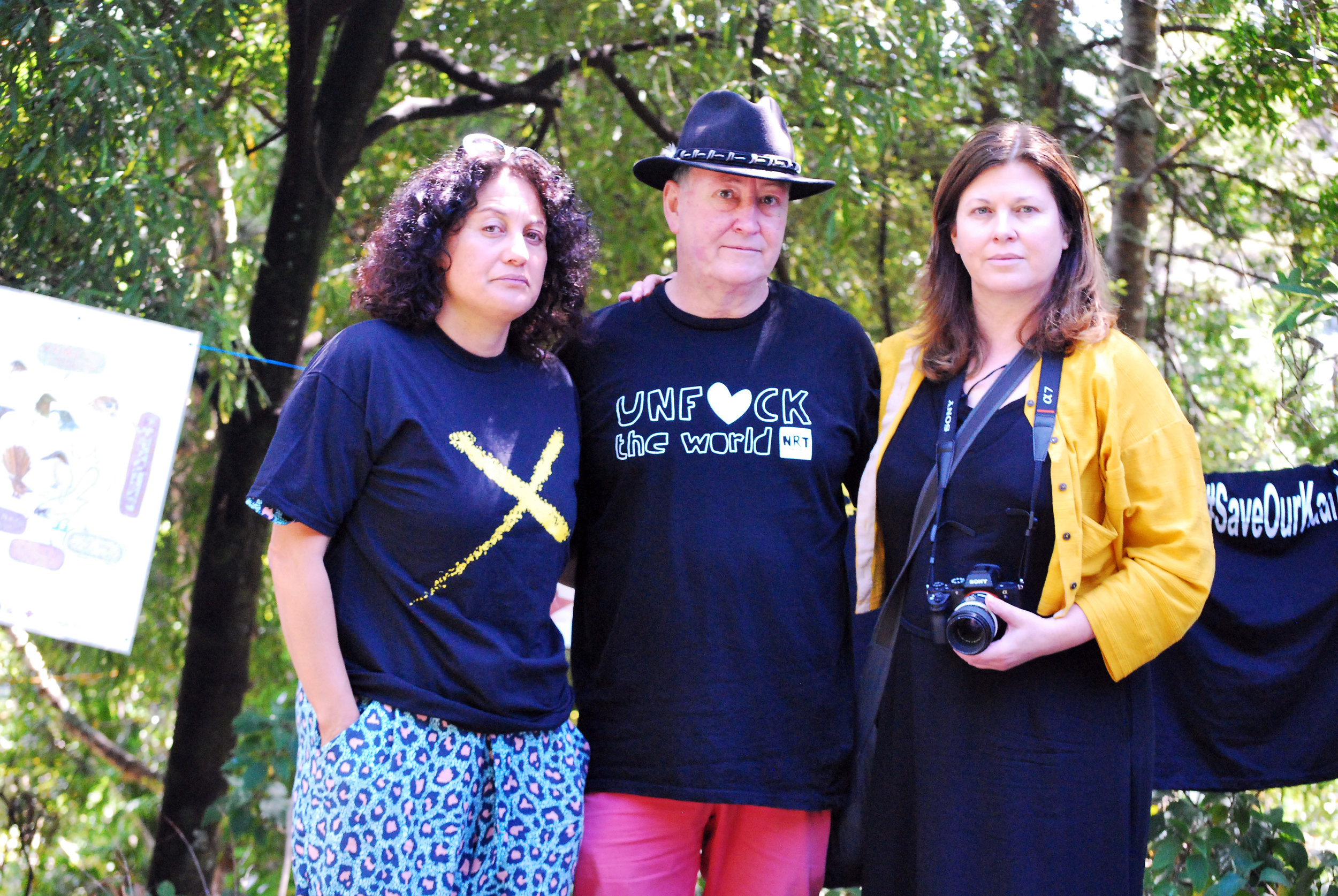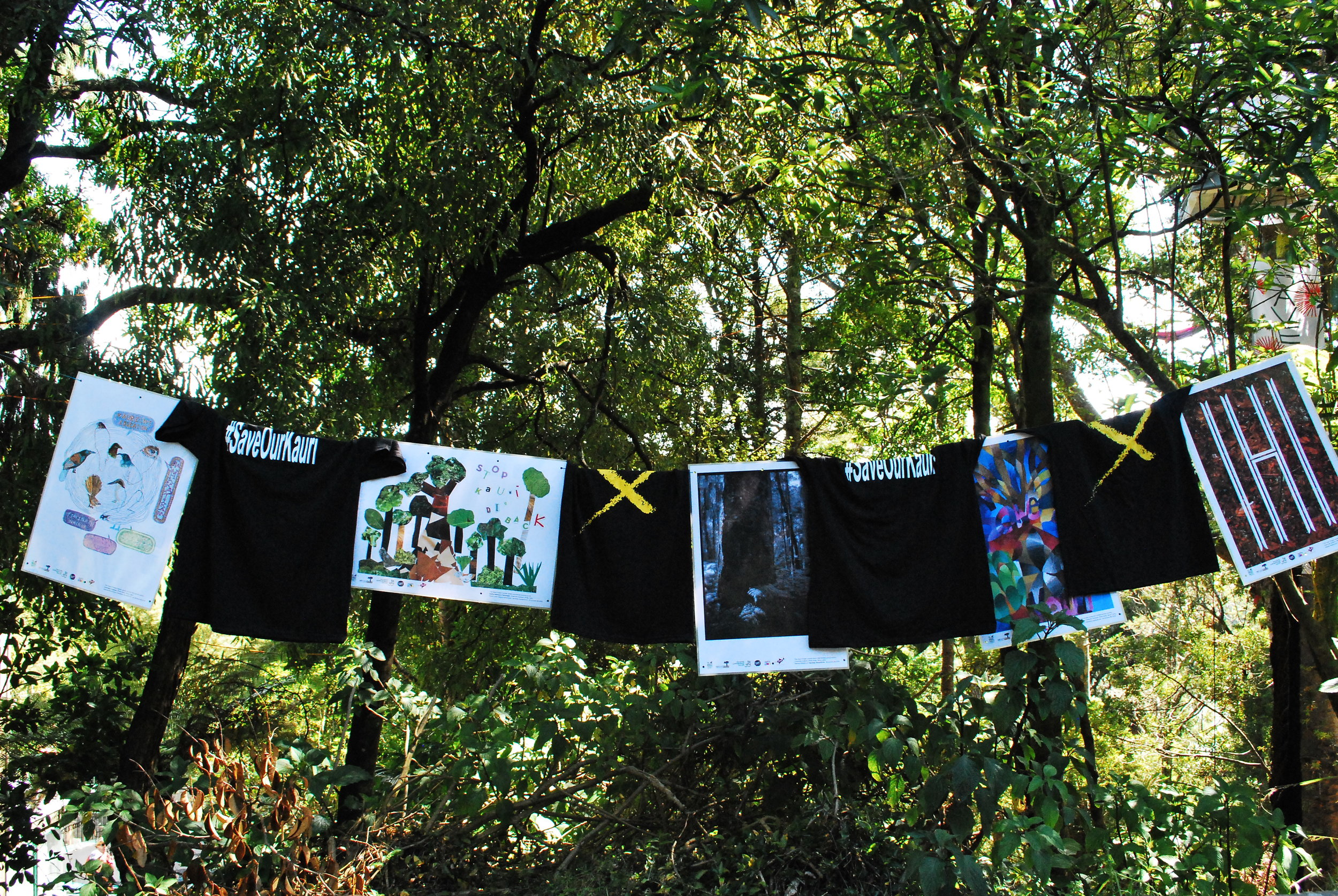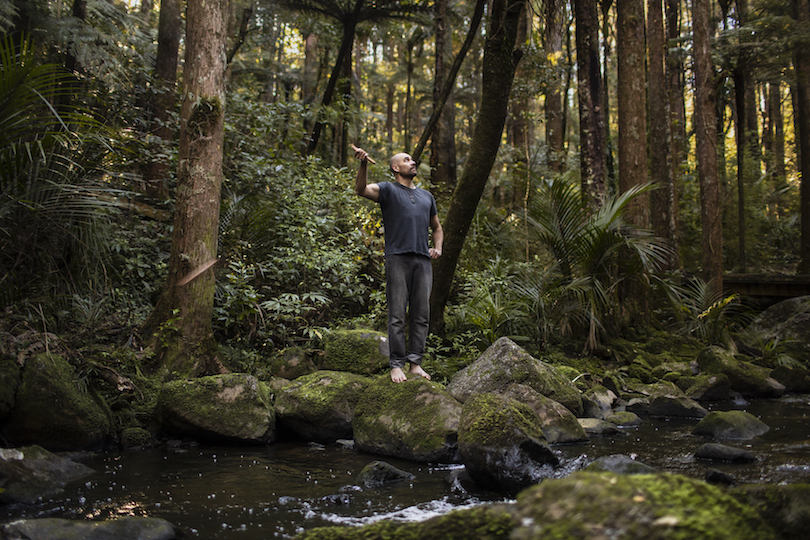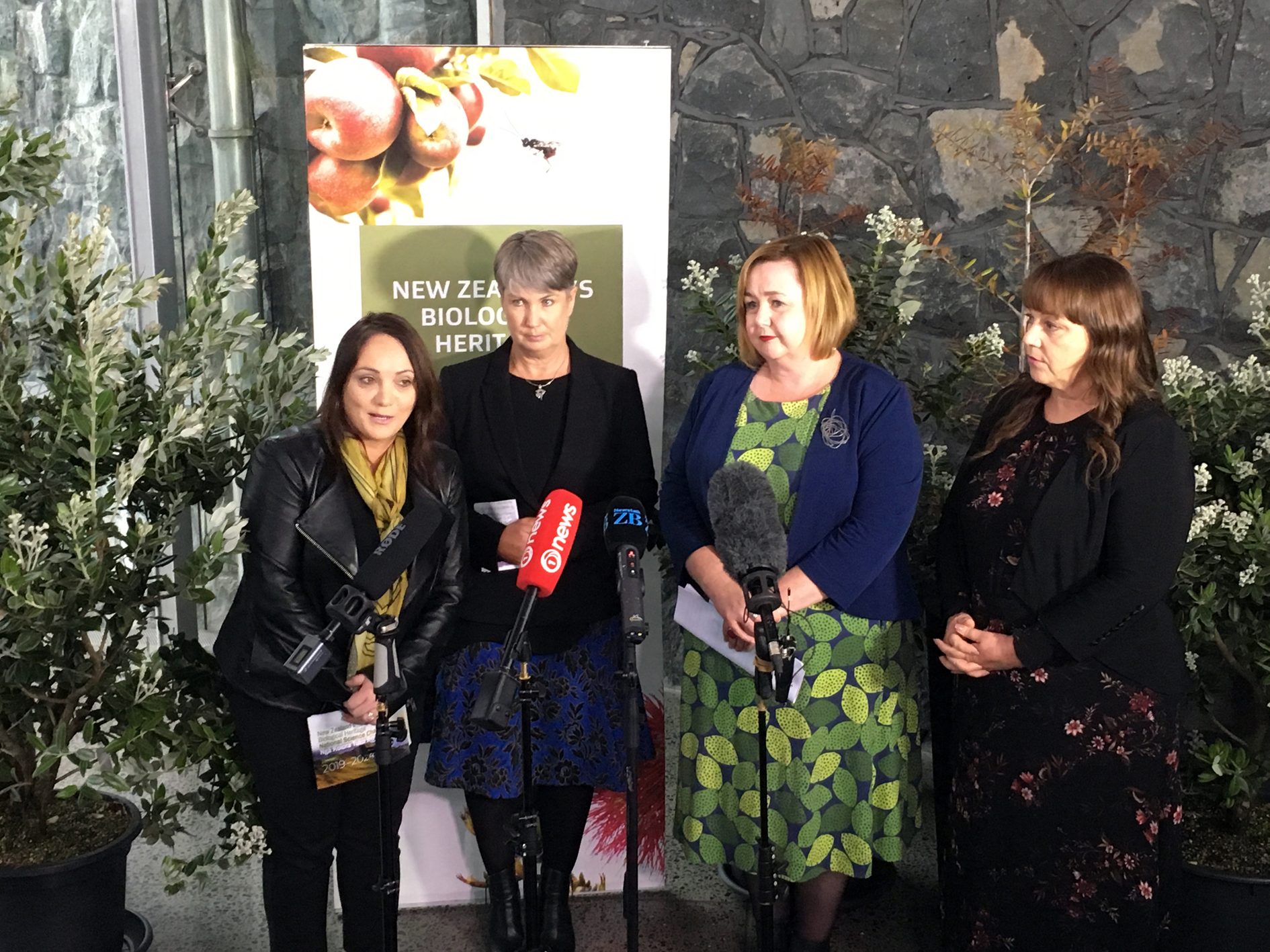Photo essay: the people fighting kauri dieback
/In a new exhibition, photographer Michelle Hyslop explores kauri dieback through the personal stories of the people close to the trees and their fight to save – and protect – the giants of the forest.
In December 2017 Te Kawerau ā Maki placed a rāhui on the Waitākere Ranges in an attempt to prevent the spread of kauri dieback, a disease that slowly kills the trees. The focus of the rāhui is protection rather than prohibition. The protection of kauri results in the health of the entire forest. Although there was pushback, the scientists working with the iwi were clear that the infection was spreading along tracks from humans. The iwi decided it couldn’t wait for Council to act; the one thing they can control is people, so they moved to keep them out and to give the forest a break while research and track upgrades are being done.
Being an Auckland based photographer, the Waitakere Ranges was my place to connect with nature and explore the trails with my running friends. The closures affected a wide range of people, including myself and it inspired me to research the disease further. I came to realise not only how many kauri had been affected but the impact it was having on people’s lives.
A couple of friends and I used to go night running at Cascades and we would stop at a kauri called Auntie Agatha and spend a couple of minutes looking in awe. I would think, if this tree had eyes, imagine the things it must have seen in its life.













